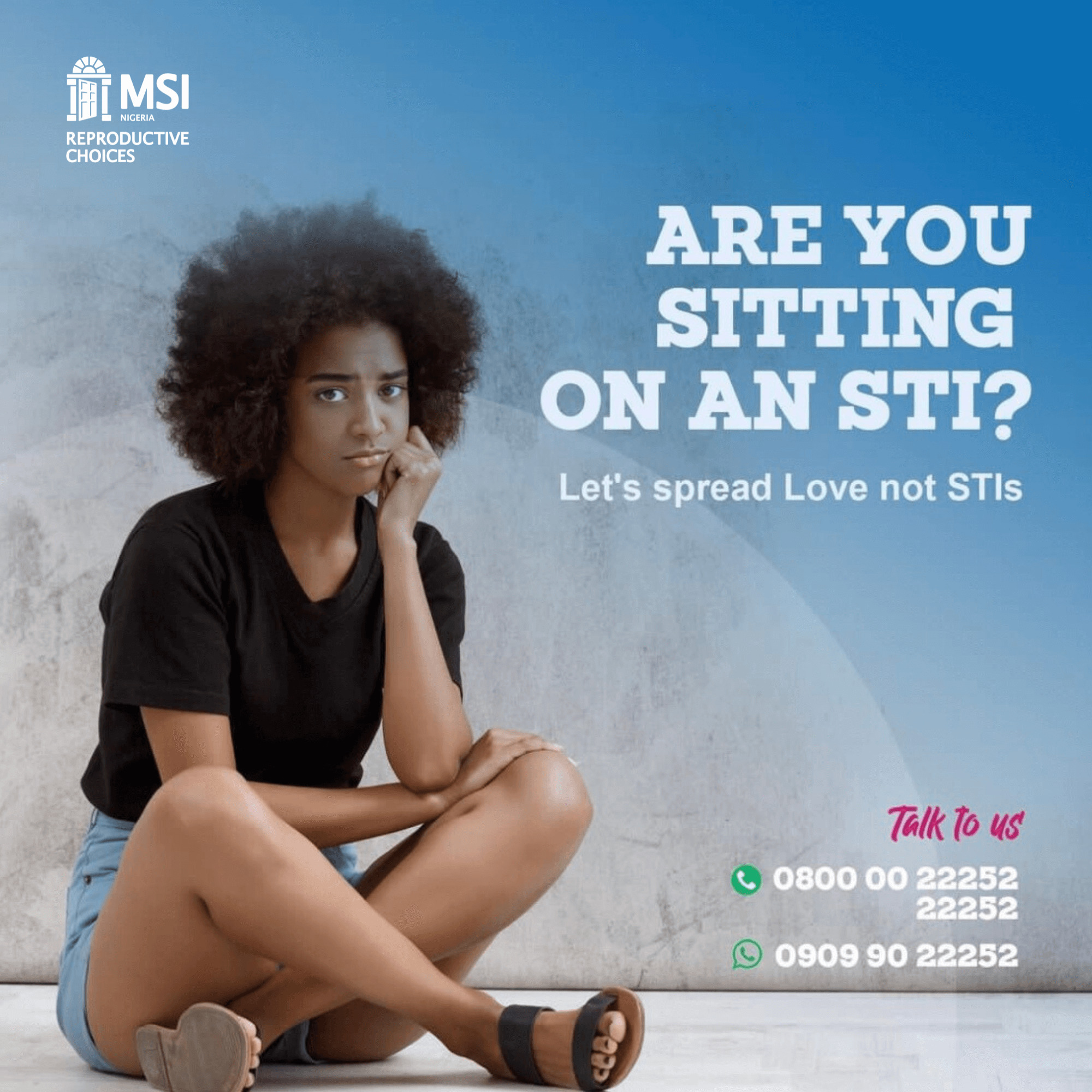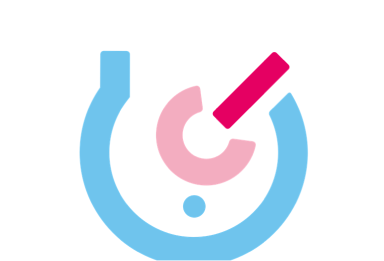
STI Screening and Treatment
Testing and treatment for STIs
Early detection can help to treat STIs successfully
Sexually transmitted infections (STI) are infections or conditions that you can get from any kind of sexual activity involving your mouth, anus, vagina or penis and sometimes during childbirth.
STIs have a profound impact on health. If untreated, they can lead to serious consequences including neurological and cardiovascular disease, infertility, ectopic pregnancy, stillbirths, and increased risk of Human Immunodeficiency Virus (HIV). They are also associated with affecting quality of life.
Many people with STIs do not show symptoms. Common symptoms of STIs could include abnormal vaginal or urethral discharge, genital ulcers and lower abdominal pain.
Book an appointment
If you’re ready to visit us, book an appointment to reduce your waiting time at the clinic.
Once you’ve filled out the form, a member of the team will be in touch to confirm your appointment.
What STIs do we screen for?
Testing is the only way to know for sure if you have an STI. We cover the following screenings across all our Medical Centres:
- HIV 1&2 Screening
- Syphilis (VDRL) Test
- Gonorrhoea Screening
- Herpes Test
- Chlamydia Test
- HPV Screening
- Hepatitis Screening
The most common and curable STIs are trichomoniasis, chlamydia, gonorrhoea and syphilis. Rapidly increasing antimicrobial resistance is a growing threat to untreatable gonorrhoea.
Viral STIs including HIV, genital herpes simplex virus (HSV), viral hepatitis B, human papillomavirus (HPV) and human T-lymphotropic virus type 1 (HTLV-1) lack or have limited treatment options.
Vaccines are also available for Hepatitis B to prevent infection that can lead to liver cancer and for HPV to prevent cervical cancer and other infections caused by the different strains of the HPV virus.
HIV, HSV and HTLV-1 are lifelong infections: for HIV and HSV some treatments can suppress the virus, but currently, there are no cures for any of these viral STIs.
Fire Condoms used correctly and consistently are effective methods to protect against STIs.
Screening with early diagnosis of people with STIs and their sexual partners offers the best opportunity for effective treatment and for preventing complications and further transmission.
Check our STI screening packages for subsidized and comprehensive care.
Symptoms
Many people don’t notice symptoms when they have an STI.
In women and men:
- Pain when you pass urine (pee)
- Itching, burning or tingling around the genitals
- Blisters, sores, spots or lumps around the genitals or anus
- Black powder or tiny white dots in your underwear – this could be droppings or eggs from pubic lice.

In women:
- Yellow or green vaginal discharge
- Discharge that smells
- Bleeding between periods or after sex
- Pain during sex
- Lower abdominal pain.
In men:
- Discharge from the penis
- Irritation of the urethra (the tube urine comes out of).
These symptoms may also be because of other reproductive health issues, not just STIs. If you are experiencing any of these symptoms, it is best that you come for a consultation so we can help to identify and treat the problem.
Find a clinic near you
Don’t ignore STI symptoms that are worrying you. Visit a clinic today where our friendly and professional providers will assess and treat you as quickly as possible.










